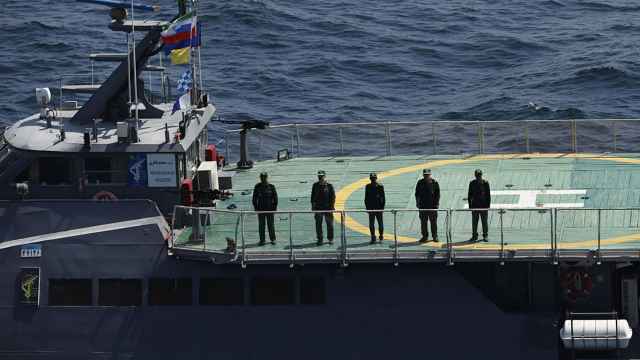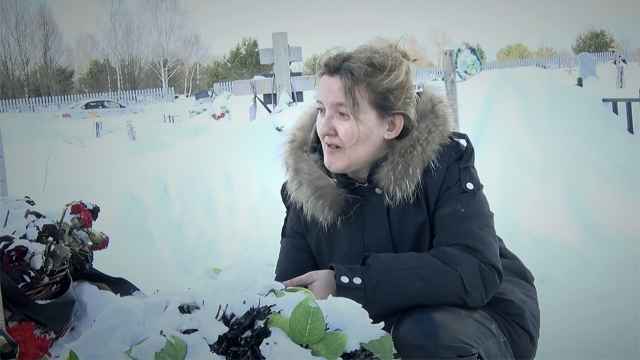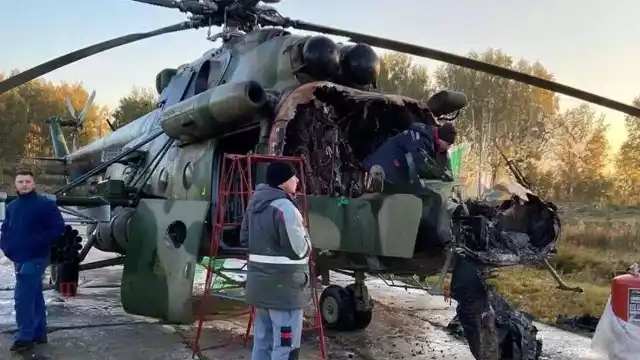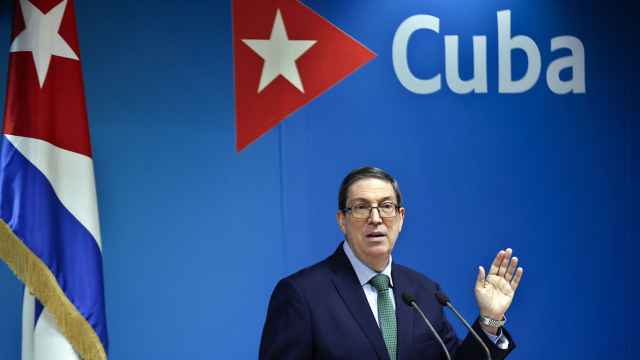YORBA LINDA, California — Richard Nixon, in the final months of his life, quietly advised President Bill Clinton on navigating the post-Cold War world, even offering to serve as a conduit for messages to Russian President Boris Yeltsin and other government officials, newly declassified documents show.
Memos and other records show Nixon's behind-the-scenes relations with the Clinton White House. The documents are part of an exhibit opening Friday at the Nixon Presidential Library marking the centennial of his birth.
Clinton has talked often of his gratitude to Nixon for his advice on foreign affairs, particularly regarding Russia. In a video that will be part of the exhibit, Clinton recalls receiving a letter from the 37th president shortly before his death on April 22, 1994, at a time when Clinton was assessing U.S. relations "in a world growing ever more interdependent and yet ungovernable."
The documents from late February and early March 1994 show Nixon, then 81, in his role of elder statesman. It was two decades after he left the White House in disgrace during Watergate.
The exhibit records include a confidential National Security Council memo from a senior Clinton aide who spent three hours with Nixon shortly before the former president would make his 10th, and final, trip to Russia that year.
The aide, Nicholas Burns, writes that Nixon is generally supportive of White House policy on Russia but thinks the administration has not been tough enough when it comes to Russia's dealings with its neighbors.
Nixon also advises that U.S. aid to Russia should be linked to U.S. security aims, such as nuclear balance and a reduced threat from the Russian military, rather than emphasizing the value of domestic reforms there.
Nixon also offered to carry messages to Yeltsin and others as his own, the memo says.
The documents, released through Clinton's presidential library for the exhibit, also include talking points Clinton apparently used in his call with Nixon.
Nixon's trip to Russia was followed closely in the media, in part because Yeltsin froze the former president out of the Kremlin and took away bodyguards and a limousine authorities had provided for him after Nixon held meetings with Yeltsin adversaries.
Yeltsin later backed off and urged Russian officials and parliament members to meet with Nixon.
In Clinton's video for the exhibit, he said:
"After he died, I found myself wishing I could pick up the phone and ask President Nixon what he thought about this issue or that problem, particularly if it involved Russia. I appreciated his insight and advice, and I'm glad he chose, at the end of his life, to share it with me."
A Message from The Moscow Times:
Dear readers,
We are facing unprecedented challenges. Russia's Prosecutor General's Office has designated The Moscow Times as an "undesirable" organization, criminalizing our work and putting our staff at risk of prosecution. This follows our earlier unjust labeling as a "foreign agent."
These actions are direct attempts to silence independent journalism in Russia. The authorities claim our work "discredits the decisions of the Russian leadership." We see things differently: we strive to provide accurate, unbiased reporting on Russia.
We, the journalists of The Moscow Times, refuse to be silenced. But to continue our work, we need your help.
Your support, no matter how small, makes a world of difference. If you can, please support us monthly starting from just $2. It's quick to set up, and every contribution makes a significant impact.
By supporting The Moscow Times, you're defending open, independent journalism in the face of repression. Thank you for standing with us.
Remind me later.





